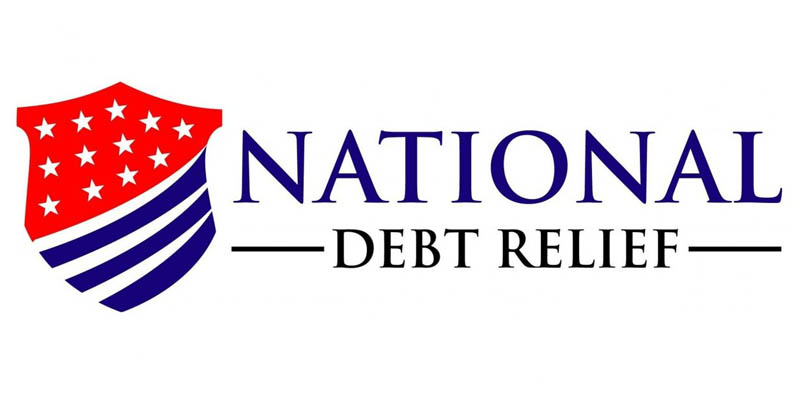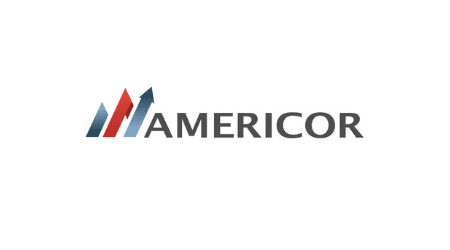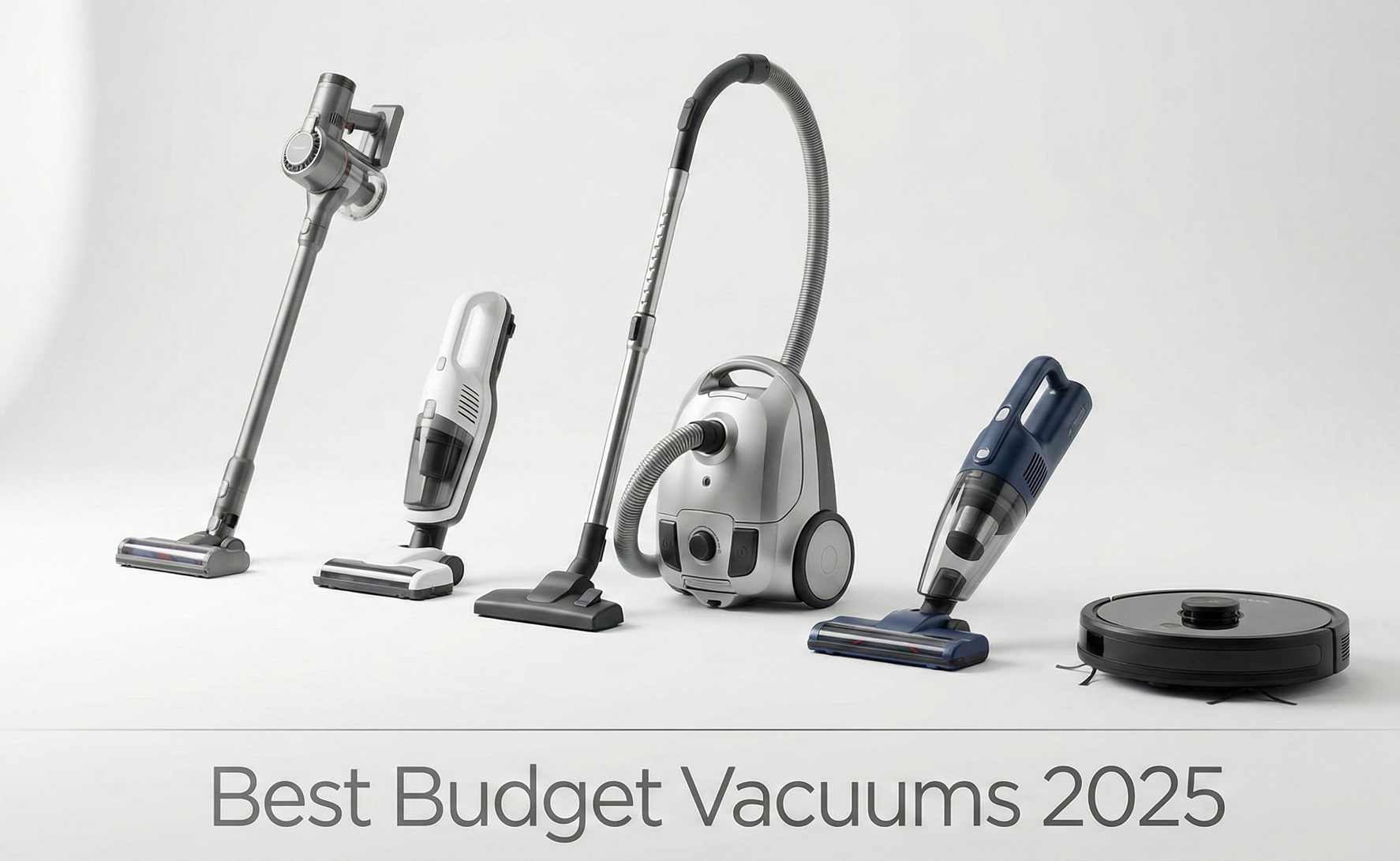ReviewAgent
Top 5 Best Debt Consolidation Platforms
Compare, Review and Buy - Debt Consolidation Platform for 2023
 Last Updated - December 2025
Last Updated - December 2025

Freedom
Review for Freedom
600 Reviews
 No upfront fees
No upfront fees For $15,000 and more debt
For $15,000 and more debt No risk and free consultation
No risk and free consultation Customer support 7 days a week
Customer support 7 days a week Industry leader for large debts
Industry leader for large debts


National Debt Relief
Review for National Debt Relief
678 Reviews
 No upfront fees required
No upfront fees required For $15,000 or more in debt
For $15,000 or more in debt Reduce your total debt by 30% or more
Reduce your total debt by 30% or more Become debt free in 24-48 months
Become debt free in 24-48 months

Americor
Review for Americor
655 Reviews
 No upfront fees required
No upfront fees required For $10,000 or more debt
For $10,000 or more debt Loan terms 1-7 years
Loan terms 1-7 years Pay of your debt in 12-60 months
Pay of your debt in 12-60 months
Accredited Debt Relief
Review for Accredited Debt Relief
650 Reviews
 For $20,000 and more in debt
For $20,000 and more in debt 100% free consultation with debt specialists
100% free consultation with debt specialists Pay off your debts in 12-48 months
Pay off your debts in 12-48 months Reduce your monthly payments by 30% or more
Reduce your monthly payments by 30% or more
Bounce Debt Relief
Review for Bounce Debt Relief
600 Reviews
 No upfront fees
No upfront fees For $15,000 or more in debt
For $15,000 or more in debt 100% free , no risk consultation
100% free , no risk consultation Get out of debt in 24-48 months
Get out of debt in 24-48 months AFCC Accredited Member
AFCC Accredited Member
Table Of Content
Author: Rachel Johnson
Latest Articles

Our Rating System
Our reviews come from verified users–just like you!
The star ratings are based on the overall rating of each brand. Some reviews are provided via third party suppliers. We encourage you to write a review of your experiences with these brands.
1. Introduction
Debt consolidation is a financial strategy that involves combining multiple debts into one loan with a lower interest rate. Debt consolidation is helpful for people who are struggling to manage multiple debts, as it allows them to combine the payments and make one manageable payment each month. It is also beneficial for those with a good credit score, as it can help them save on interest payments.
a. What is Debt Consolidation?
Debt consolidation is a financial strategy that involves combining multiple debts into one loan with a lower interest rate. This is done by taking out a new loan to pay off the existing debts. This new loan typically has a lower interest rate than the combined interest rates of the existing debts. This allows the borrower to pay off all the debts at once and make one manageable payment each month.
For example, if you have five credit cards with interest rates ranging from 10% to 25%, you can take out a loan with an interest rate of 8%. This would allow you to pay off all five cards at once and make one payment each month, with the interest rate being much lower than the combined interest rates of the five cards.
b. Benefits of Debt Consolidation
Debt consolidation is beneficial for those struggling to manage multiple debts. By consolidating the debts into one loan, the borrower can make one manageable payment each month. This makes it easier to stay on top of the payments and can help avoid late fees and other penalties.
Debt consolidation is also beneficial for those with good credit scores, as it can help them save on interest payments. By taking out a loan with a lower interest rate, the borrower can save money in the long run.
Finally, debt consolidation can help improve the borrower’s credit score. By making timely payments on the loan, the borrower can improve their credit score over time.

2. Types of Debt Consolidation
Debt consolidation is a great way to get control of your finances and reduce your debt. There are several types of debt consolidation available, each with its own benefits and drawbacks. Understanding the different options available can help you decide which debt consolidation method is right for you.
a. Balance Transfer
A balance transfer is a great way to consolidate your debt onto one credit card. With a balance transfer, you can transfer multiple credit card balances onto one credit card with a lower interest rate. This can help you save money on interest and reduce your monthly payments. To get the most benefit from a balance transfer, look for a card with a 0% introductory rate and no balance transfer fee. Just make sure you pay off the balance before the introductory period ends or you may be charged a high interest rate.
b. Debt Consolidation Loans
Debt consolidation loans are a great way to combine multiple debts into one loan with a lower interest rate. With a debt consolidation loan, you can pay off your credit cards, medical bills, and other debts, and then make one monthly payment to the loan provider. Before you take out a debt consolidation loan, make sure you research the different loan options available and find the one that offers the best terms and lowest interest rate.
c. Debt Management Plans
A debt management plan is a good option for people who are struggling to keep up with their monthly payments. With a debt management plan, you make one monthly payment to a credit counseling agency, which distributes the payment across your different creditors. Debt management plans can help you reduce your interest rates and lower your monthly payments, but they can also have a negative impact on your credit score.
3. FAQs on Debt Consolidation
Debt consolidation is an important tool for people who are struggling with multiple debts. It helps you combine all of your debts into one loan, making it easier to manage your debt and keep track of payments. This article will answer some of the most frequently asked questions about debt consolidation and how it can help you manage your debt.
a. What is the Difference Between Debt Consolidation and Bankruptcy?
Debt consolidation and bankruptcy are both methods of managing debt, but they are very different. Debt consolidation involves taking out a loan to pay off all of your existing debts, while bankruptcy requires you to declare bankruptcy and have your debts discharged or restructured. Debt consolidation is generally considered to be a less extreme option than bankruptcy, as it does not have the same long-term effects on your credit score.
b. What Types of Debts Can Be Consolidated?
Debt consolidation can be used to consolidate many types of debts, such as credit card debt, medical bills, student loans, and personal loans. It is important to note that not all debts are eligible for consolidation, so it is important to discuss your options with a financial advisor or debt consolidation specialist.
c. How Does Debt Consolidation Affect My Credit Score?
Debt consolidation can have a positive or negative effect on your credit score, depending on how you manage the debt. If you are able to make on-time payments and pay off the debt in full, it can improve your credit score by showing that you are able to manage your debt responsibly. On the other hand, if you are unable to make payments or miss payments, it can hurt your credit score.
5. Conclusion
In this blog post, we discussed the importance of debt consolidation platforms, their advantages, and how to write an effective FAQ about them. Debt consolidation can be a great way to save money and manage multiple payments, but it's important to do your research and make sure you understand the terms and conditions of the platform you're considering. By writing an informative FAQ about debt consolidation platforms, you can help potential customers understand the process and make informed decisions about their financial future.

a. Summary of Debt Consolidation
Debt consolidation is a process by which multiple debts are combined into one loan. This can help reduce the amount of interest and monthly payments, as well as simplify the repayment process. It is important to understand the terms and conditions of the loan before signing up, as well as any fees associated with the platform. Additionally, it is important to make sure that the consolidation loan will not increase the total amount of debt owed.
b. Advantages of Debt Consolidation
Debt consolidation can offer a number of advantages, including lower interest rates, lower monthly payments, and a simplified repayment process. It can also help you save money over time, as the amount of interest paid over the life of the loan will be reduced. Additionally, consolidating your debt can make it easier to keep track of multiple payments, as there will only be one payment to make each month. Finally, consolidating your debt can help improve your credit score, as it will be seen as a sign of financial responsibility.


